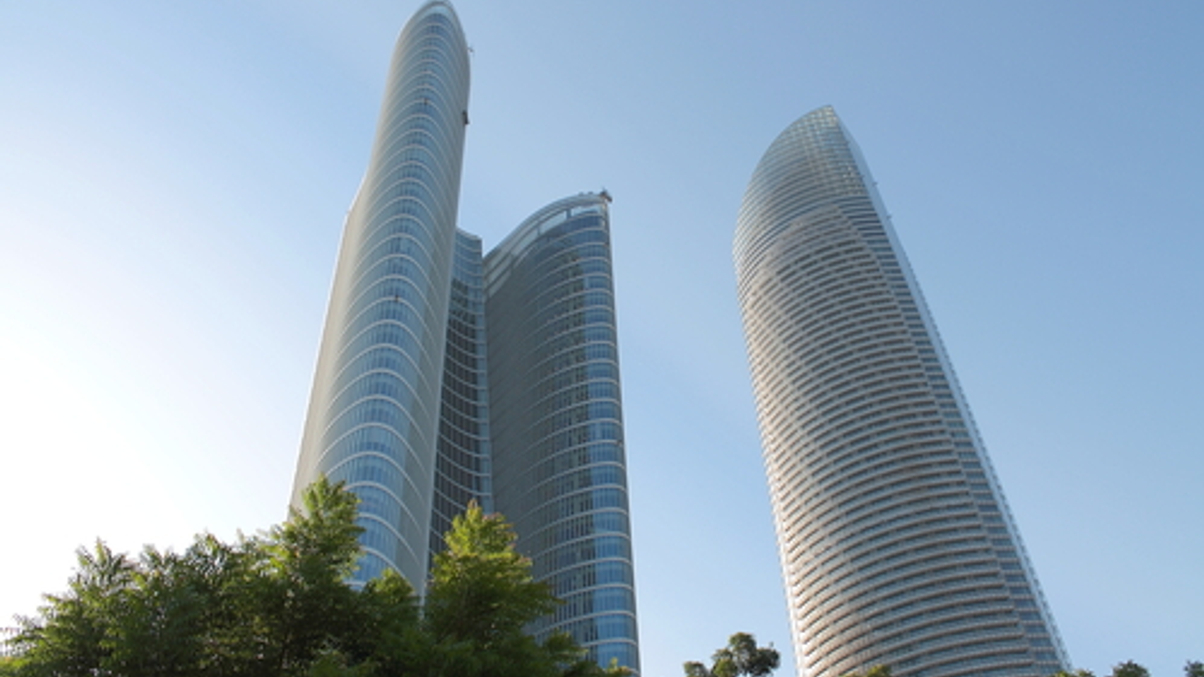Middle Eastern funds remain bullish on Chinese equities
The Abu Dhabi Investment Authority (Adia), in particular, is likely to deepen its reach, having already boosted its A-share holdings in the first half of the year.

As some asset owners turn cautious on Chinese assets, Middle Eastern funds continue to increase allocations to the country, with the Abu Dhabi Investment Authority (Adia) likely to deepen its reach.
Sign in to read on!
Registered users get 2 free articles in 30 days.
Subscribers have full unlimited access to AsianInvestor
Not signed up? New users get 2 free articles per month, plus a 7-day unlimited free trial.
¬ Haymarket Media Limited. All rights reserved.


